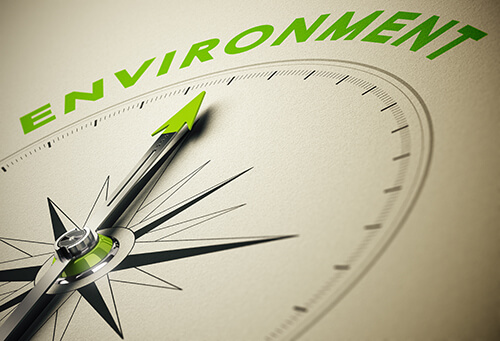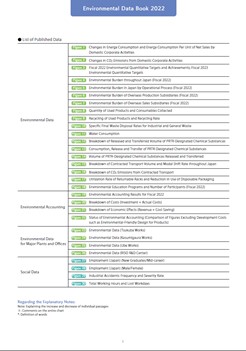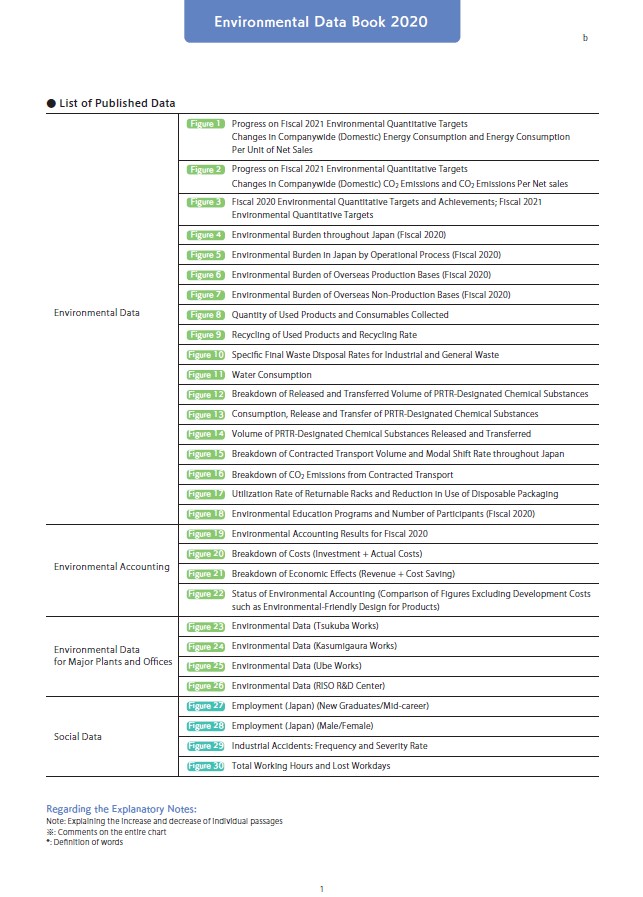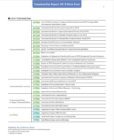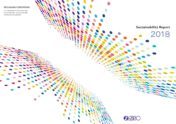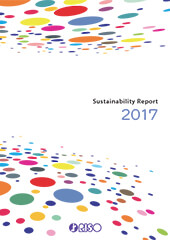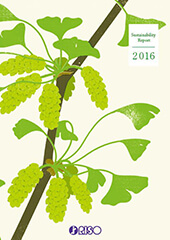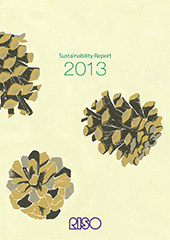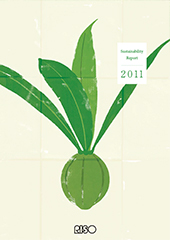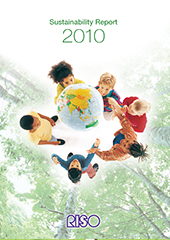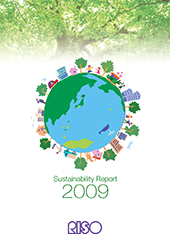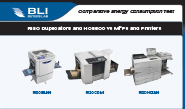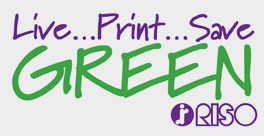
Live…Print…Save GREEN
If you’re concerned about the environment like all of us at RISO, you’re searching for ways to reduce energy consumption, reduce air pollution, reduce waste, and be more “green.” Here at RISO, we call this effort “Live…Print…Save GREEN.”
RISO inkjet printers and digital duplicators provide high-quality, high-speed printing with a lessened environmental impact than other printing technologies. RISO printers are among the most environmentally friendly printers on the planet.
We hope you’ll join us in our efforts to Live…Print… Save GREEN by using RISO printers for your printing needs.
EPEAT
EPEAT® is the global rating system for greener electronics. RISO continues to work closely with our business partners in order to evaluate and improve our products and services and to provide our customers with greener imaging equipment.
What Is EPEAT?
EPEAT stands for the Electronic Product Environmental Assessment Tool, which is the definitive global rating system for greener electronics. It ranks products on 51 specific criteria, to help identify greener imaging equipment and other electronics devices. The EPEAT tool is comprehensive, being based on IEEE 1680 International Standards, and the program includes energy efficiency, reduction/elimination of environmentally sensitive substances, take-back programs for equipment, packaging and consumables, and other important environmental attributes.
For more information about the EPEAT Imaging Equipment Program, please visit: www.epeat.net
List of RISO Products registered with EPEAT:
- ComColor GL 9730
- ComColor GL 7430
- ComColor GD 9630
- ComColor GD 7330
- ComColor FT 5430
- ComColor FT 5230
- ComColor FT 5231
- ComColor FT 5000
- ComColor FT 1430
- ComColor FW 5230
- ComColor FW 5231
- ComColor FW 5000
- ComColor FW 1230
- RISO MF9450
- RISO SF9490
- RISO SF9450
- RISO SF5450
- RISO SF5130
- RISO EZ221U
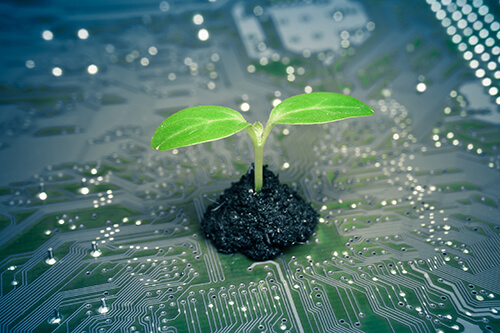

Reduced Waste
E-waste is trash that is created when technology is discarded. E-waste also refers to materials that are part of the manufacturing process. E-waste is a growing problem: it accounts for 2.6 million tons of trash every year in US landfills alone-that’s almost 2% of all US trash, and a whopping 70% of overall toxic waste.
What is RISO doing about e-waste? Well, RISO inkjet printers and digital duplicators are built to last. It’s not unusual to print millions and millions of copies on a RISO printer. Because of this, the amount of e-waste that ends up in landfills is reduced, as well as the number of hazardous materials that can contaminate the environment. (That goes for any waste ink, too.).
As a company, RISO is a responsible corporate citizen. We recycle our e-waste through reputable recycling companies, and we continue to explore ways that we can be more environmentally responsible at corporate headquarters.
Low or No Emissions
Unlike toner-based printers, RISO printers are free from ozone emissions, toner particle emissions, silica dust, and other air pollutants. RISO printers do not emit any greenhouse gases.
RISO duplicator ink uses an organic base, which is more easily recycled. Also, oil-based ink does not release a significant volume of VOCs into the atmosphere. VOCs, or Volatile Organic Compounds, are emitted as gases from thousands of products, such as paints and lacquers, paint strippers, cleaning supplies, pesticides, permanent markers, glues and adhesives, and even copiers and printers. VOCs can negatively affect our health.
And, because RISO inkjet printers and duplicators use a clean printing process, there is no need to use harsh cleaning solvents as part of the press cleaning process, which eliminates even more VOCs from ever entering the environment.
The SF Series has also taken a bold step forward with a new ink formulation. RISO has chosen to produce its SF inks out of a more ecologically responsible and under-utilized material: rice bran. While the ingredient itself is environmentally friendly, rice bran ink has proven to have even better archiving capabilities, by eliminating the yellow paper discoloration that can appear over time. The new ink formula and the SF’s environmentally friendly features, such as its extremely low energy consumption, provide an effective way to reduce your operation’s carbon footprint. Click here to learn more about our rice bran ink.

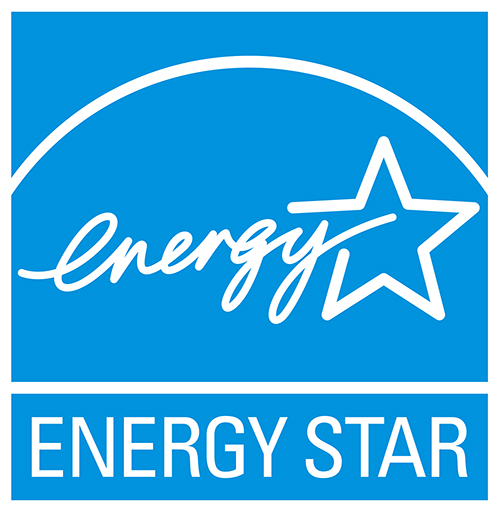
Energy Savings
RISO is proud to say that all of our inkjet printers and digital duplicators are ENERGY STAR certified. RISO digital duplicators use 95% less energy than photocopiers, and our current digital duplicator models use 75% less power than models from a decade ago.
Our many design improvements tie in directly with these overall savings, by improving efficiency in a number of small ways that add up to substantial benefits. For example, RISO products are energy sippers, requiring only standard 110V power to operate, instead of the dedicated 220V circuit most copier systems need. They have a variety of power-saving settings, so they consume even less when they’re not being used. And their high speed processes your jobs faster and more efficiently, which means that even when they’re running, they’re not running as long.
Toner-based devices require heating elements to affix the toner to the page, and these heating elements are the main power draw of most printers – using power to literally “warm up” before printing, and maintaining that operating temperature when in standby mode. Even some inkjet systems require heating of the ink to create the droplets needed to print. RISO inkjet printers and duplicators do not use a heat or laser process, using our patented FORCEJET technology to deliver ink to the page, so they consume a fraction of the energy required to run heat-intensive devices.
This heatless process provides a secondary benefit, because it further reduces the need for compensatory cooling (air conditioning) and ventilation, which further reduces your overall energy consumption and cost. This also reduces the strain on regional power generation facilities and the electrical grid, reducing power companies’ greenhouse gas emissions and other pollutants.
A carbon footprint is the measure of the impact human activities have on the environment in terms of greenhouse gases produced measured in units of carbon dioxide. This is considered a huge contributor to global warming. The carbon footprint of RISO printers is negligible, making our products an environmentally sound, “green” choice for your organization.
Further information on RISO’s power consumption and environmental impact:
Power Consumption white Paper
Green is good White Paper
RISO: A Green Company
RISO Kagaku Corporation established an environmental charter in 1996 and environmental protection principles in 1998. Scroll down to see the full text of the charter and principles.
RKC is also ISO 14001 certified. ISO 14001 certification is an international specification for an environmental management system. RKC has reduced its CO2 emissions, reduced its discarded waste, and buys materials only from ISO 14001-certified suppliers. In addition, RISO meets all RoHS Directive (Restriction of Hazardous Substances Directive) standards. The RoHS Directive restricts certain hazardous substances in electrical and electronic equipment in the EU market.

Sustainability Report
Sustainability Report Data 2022
RISO considers the environment throughout entire product lifecycles, from procurement, design, development, and production to use, reuse, recycling, and disposal.
RISO issued our first “Environmental report 2004” of Japanese version in August 2004. Since then, we have issued annual reports to introduce our principle to the environment protection, as well as our social contributions. The title of the Environmental report was changed to “Sustainability Repot” since 2006. An English version in addition to the issue only of a Japanese version till then has been issued since 2008.
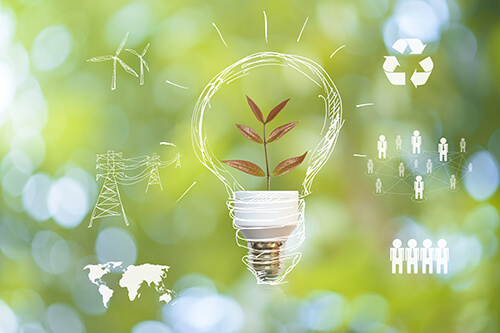
RISO Environmental Charter
RISO KAGAKU CORPORATION resolutely acknowledges its membership in the global community, while following a basic philosophy of contributing to society through the development of excellent products. RISO KAGAKU CORPORATION endeavors to contribute to global environmental protection in order to bestow a fair and sound environment to coming generations.
RISO Environmental Protection Principles
- Development of environment-friendly products
When developing and designing products, we create and execute development policies that reduce total environmental burden by considering the influence that respective product life stages have on the environment in the manufacturing, logistics, use, recycling and disposal phases. - Resource and energy saving
We investigate the influence exerted on the environment by our business activities and try to save resources and energy to reduce environmental burdens. - Local environmental protection
We observe local environmental regulations and investigate possible risks of contamination to prevent such occurrence in the case of an emergency, such as leakage. - Global arrangement
We also consider our influence on overseas local communities and environments when operating or exporting products, and we try to respond to the requests of local communities as faithfully as possible. - Continual improvement
We maintain a dynamic organization and system to establish environmental objectives and targets and always work to improve such systems. - Environmental education and information disclosure
We educate our employees and carry out publicity activities appropriately, in accordance with the “RISO Environmental Charter” and the principles detailed above, to help employees deepen their insight on environmental issues. We also disclose information on environmental issues without hesitation and work on further reducing environmental burdens in cooperation with other community members.
Established on August 28, 1998
Revised on April 1, 2007
President & C.E.O.
Akira Hayama
